How to talk with Russia
In a context of severe cultural alienation, how can the EU talk with Russia?

Senior Policy Fellow
Russian domestic and foreign policy; relations between Russia and the West; the Baltic Sea area; Eastern Europe
English, Russian, Estonian
Kadri Liik is a senior policy fellow at the European Council on Foreign Relations. Her research focuses on Russia, Eastern Europe, and the Baltic region.
Before joining ECFR in October 2012, Liik was the director of the International Centre for Defence Studies in Estonia from 2006 until 2011, where she also worked as a senior researcher and director of the Centre’s Lennart Meri Conference. Throughout the 1990s, Liik worked as a Moscow correspondent for several Estonian daily papers, including the highest-circulation daily in Estonia, Postimees, as well as Eesti Päevaleht and the Baltic News Service. In 2002, she became the foreign news editor at Postimees. In 2004, she left to become editor-in-chief at the monthly foreign affairs magazine, Diplomaatia. She was also the host of “Välismääraja”, a current affairs talkshow at Raadio Kuku in Tallinn.
Liik holds a BA in Journalism from Tartu University (Estonia) and an MA in International Relations specialising in diplomacy from Lancaster University.
In a context of severe cultural alienation, how can the EU talk with Russia?
Russia's entry into the Syria conflict was a curveball for the West – but what does it want?
ECFR’s director Mark Leonard speaks to Asli Aydintasbas, ECFR visiting fellow and expert on Turkish foreign policy, and Kadri Liik, ECFR senior policy fellow…
Julien Barnes-Dacey and Kadri Liik, Senior Policy Fellows at ECFR, Jeremy Shapiro, Fellow at Brookings, and Dr Rim Turkmani, co-founder of the Syrian Civil…
ECFR's director Mark Leonard speaks to Senior Policy Fellow Kadri Liik, and to the head of ECFR's Sofia office, Vessela Tcherneva, about the growing…
One year on from the introduction of sanctions, is the EU any closer to working out what they want them to achieve?
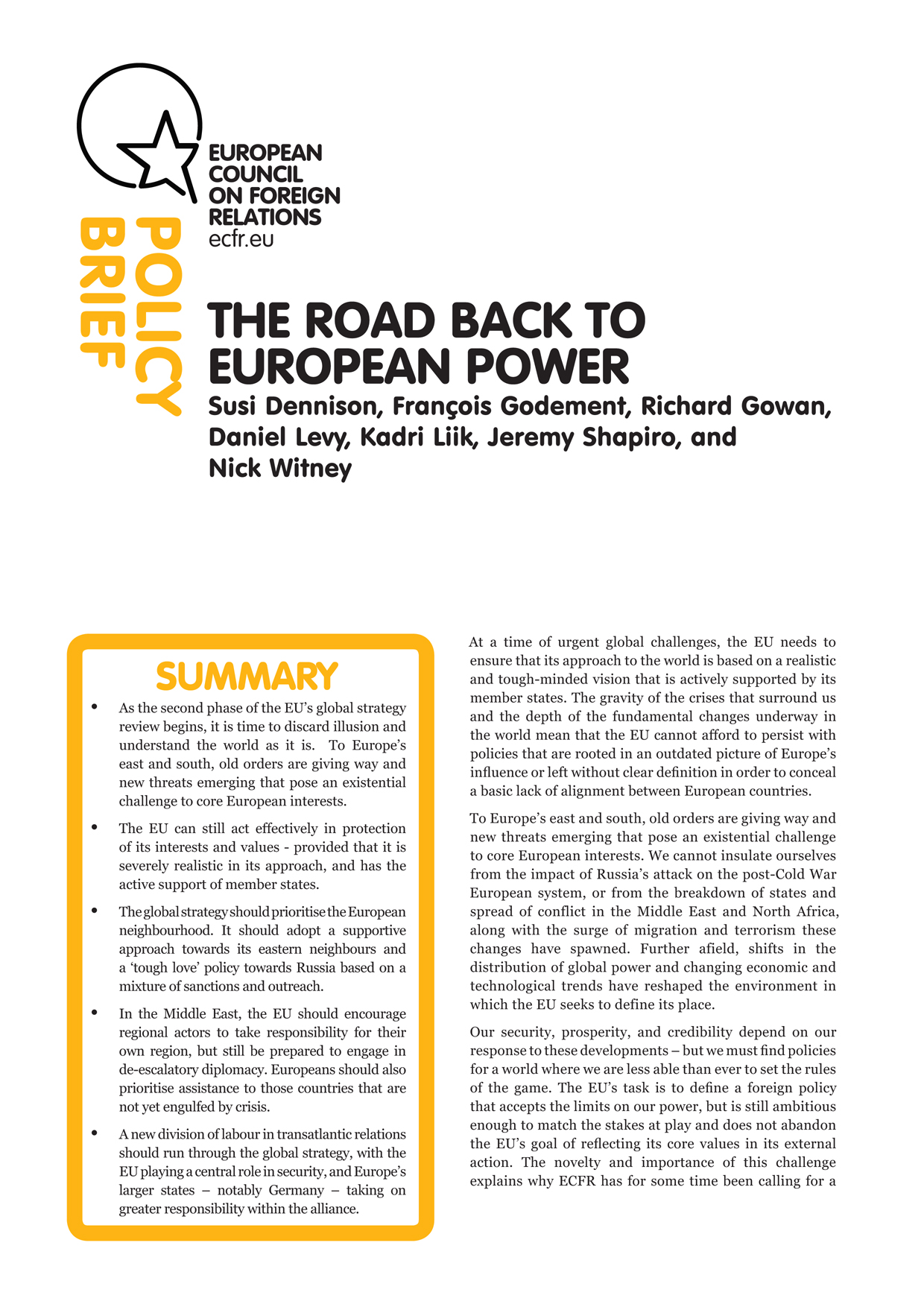
The EU needs an honest assessment of its capabilities and to set limited goals behind which member states can show sustainable unity
The Russian president’s reaction to the corruption charges is part of a battle over global rules of political order
Three dilemmas that illustrate the complexities of the Eastern Partnership
ECFR's director Mark Leonard speaks to Ian Bond, director of Foreign Policy at the Centre for European Reform, and ECFR Senior Policy Fellow’s Kadri…
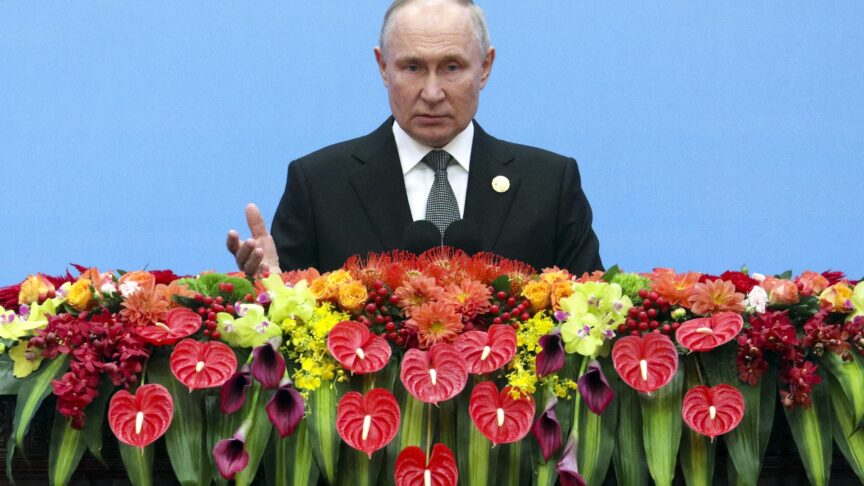
Since Russia’s full-scale invasion of Ukraine, it has been competing with the West for the support of the rest of the world. But with all of its relationships now subordinate to its war effort, Moscow’s foreign policy is weakened
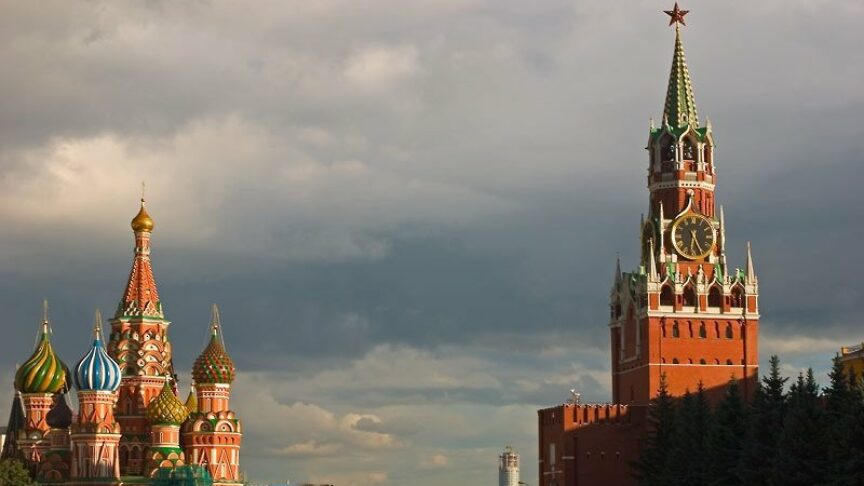
ECFR’s new EU-Russia power audit reveals a picture of success in decoupling from Moscow – and suggests the bloc could emerge stronger from the crisis
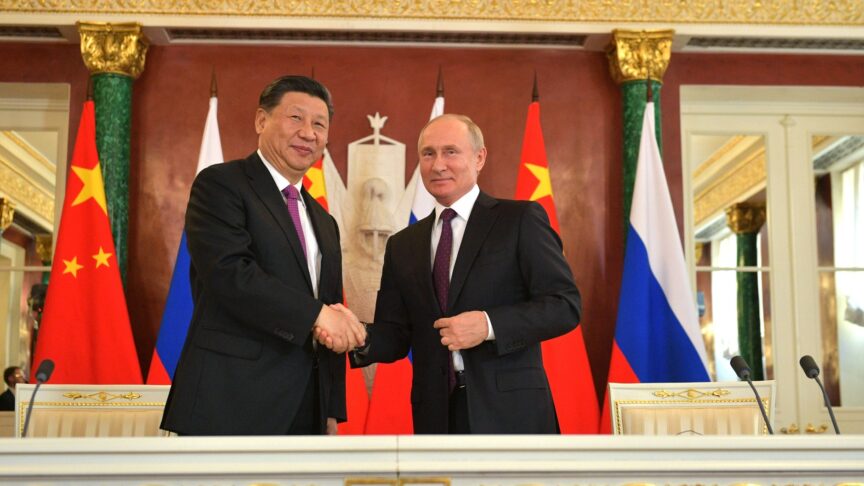
The West does not have an opportunity to prompt a policy U-turn in Moscow that divides Russia and China. But it could give Russia space to hedge against China in key areas
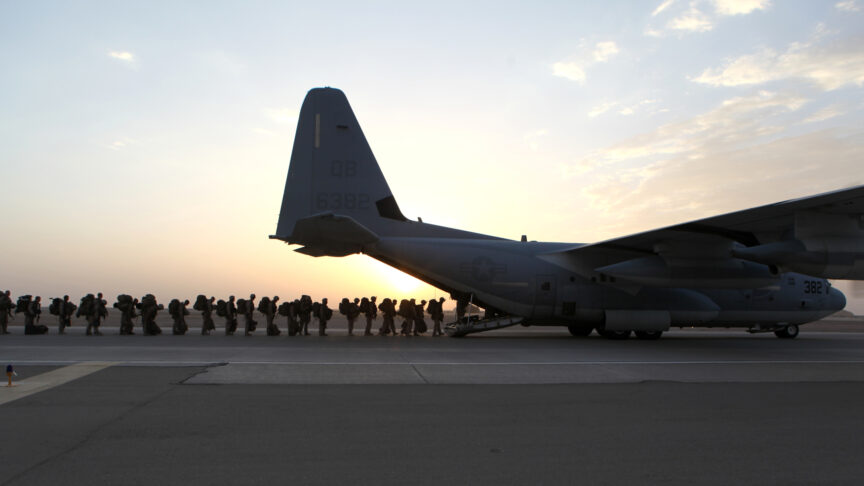
ECFR’s policy experts examine what the Taliban takeover means for countries and regions around the world: Europe, the US, the Middle East, Russia, China, Iran, Turkey, and the Sahel
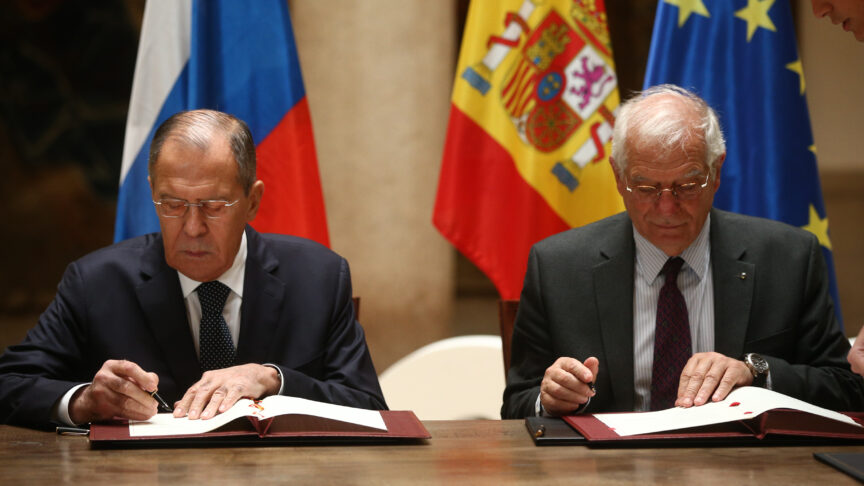
The bloc should reframe how it speaks of human rights and democracy, while developing closer security and military links with select neighbours
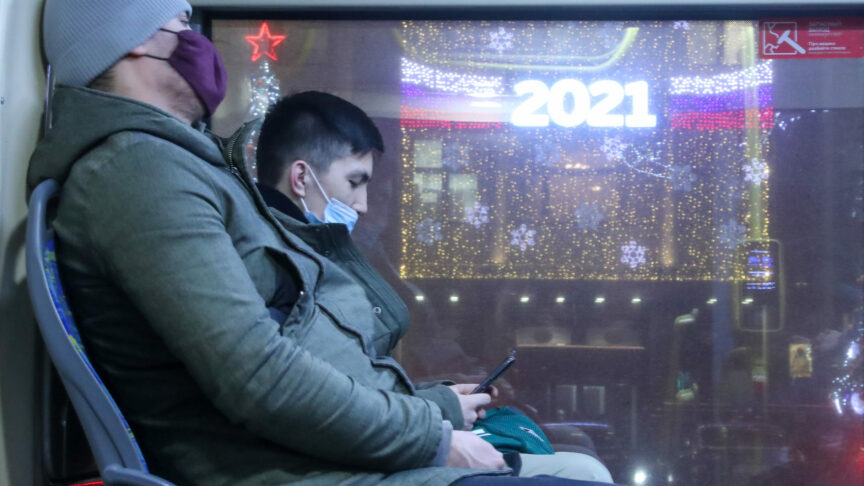
Covid-19 has damaged Russia’s economy and President Vladimir Putin’s political agenda
Russia’s new generation of foreign policy professionals bring with them a shift in attitudes that challenges centrality of “the West” in Russian foreign policy
Introduction An average Westerner may well have overlooked the potentially seismic geopolitical event of 6 January 2019. On that snowy Sunday – Epiphany in western…
The path to winning the normative war will not go so much through countering Russia as through improving Europe’s resilience and reinvigorating its model
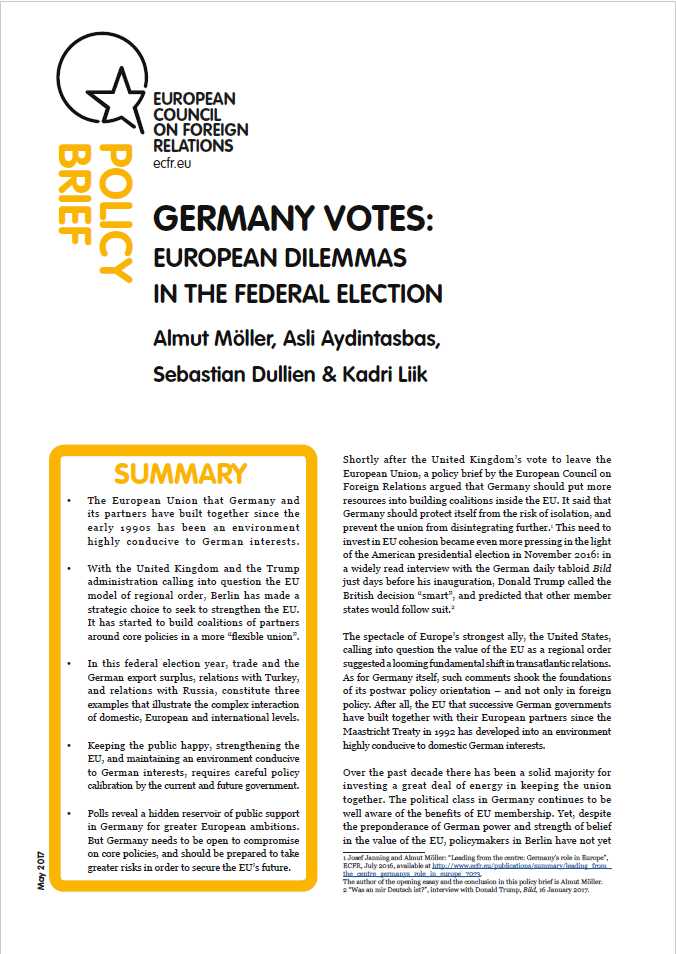
In the federal election year, Germans are ready to give new European solutions a strong boost and take more risks
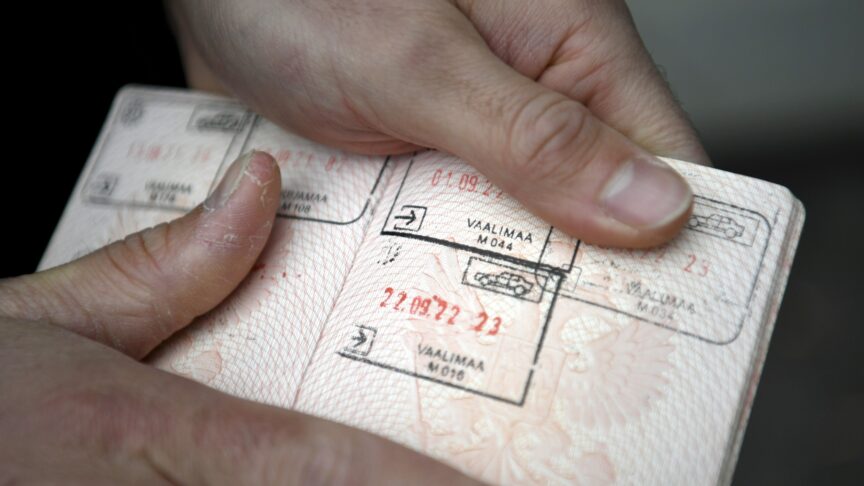
Europeans should allow their countries to be hosts for free debate among the Russian emigrés of the 21st century. But they should resist the temptation to view the exiles as channels of influence to reform Russia.
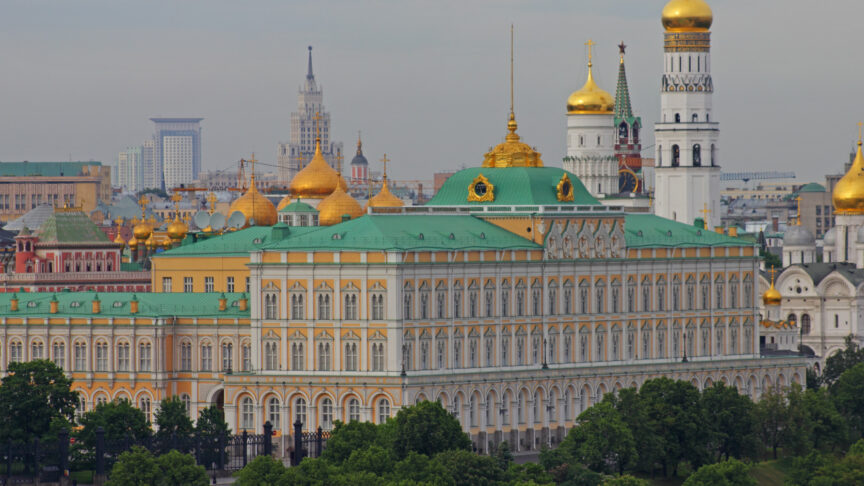
Vladimir Putin may find his war on Ukraine toughens up the West rather than hastens its demise
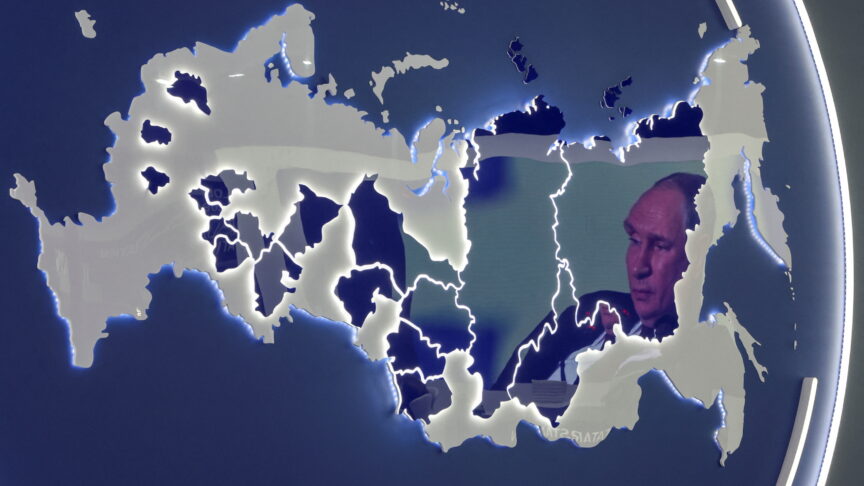
Putin’s invasion of Ukraine is effectively ‘demodernising’ Russia. Military victories for Moscow will make it inordinately harder for more democratic-minded, if not pro-Western, successors to restore Russia to the international community.
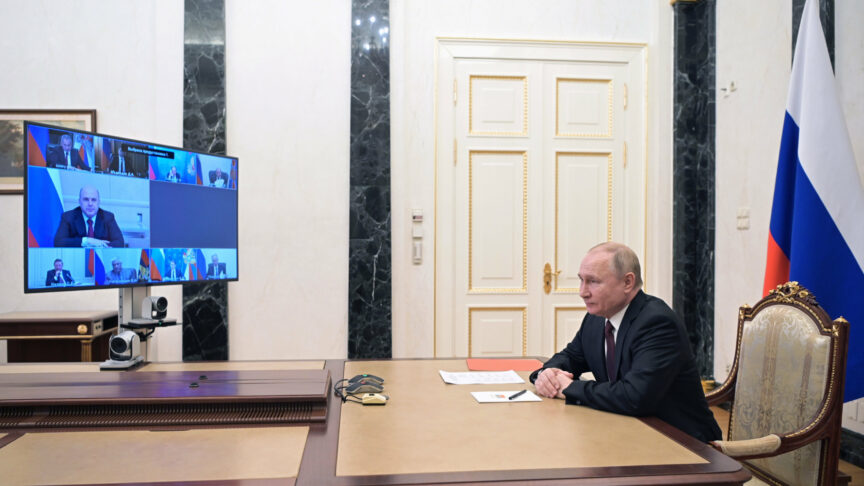
The invasion marks the beginning of a new era for not just the European security order but also Russian society
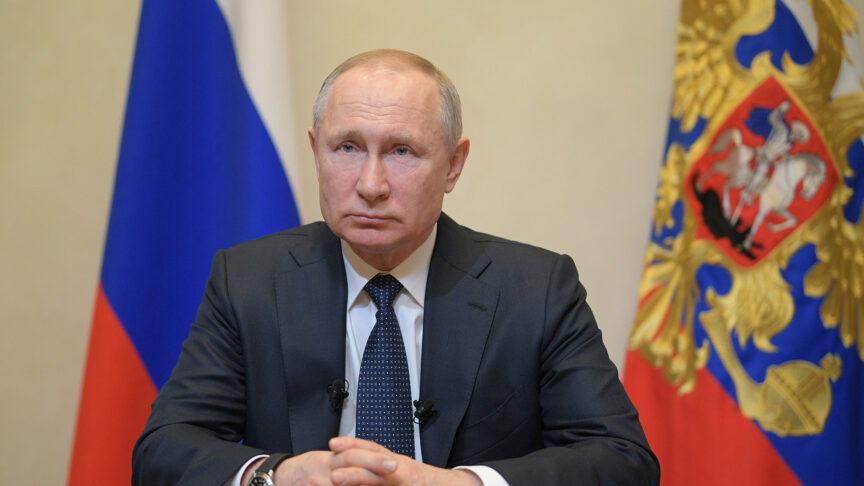
Moscow’s armed presence on Ukraine’s border may be connected to Vladimir Putin’s long-standing desire to discuss and change Europe’s geopolitical order
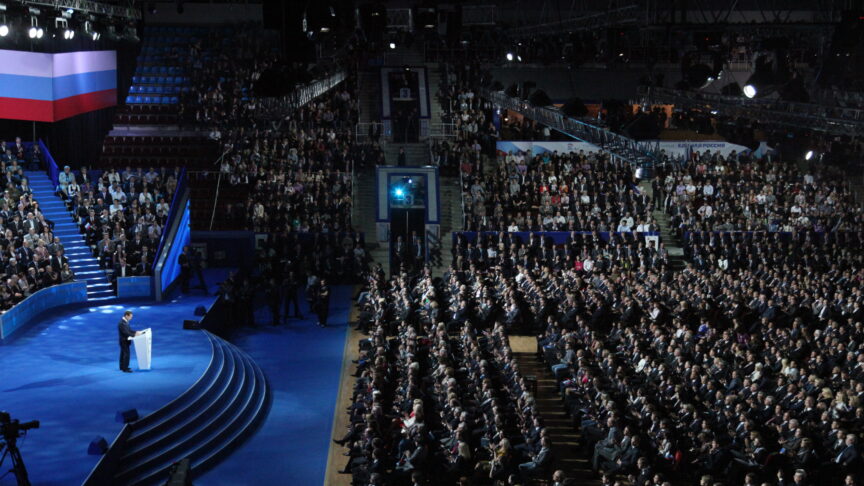
If the Kremlin sees the Duma election result as a buffer that will allow it to safely prepare for a transition at the top, the Russian political system might still find a way to evolve. But, if it views the result as confirmation that the system works just fine, its ‘victory’ really is a Pyrrhic one.
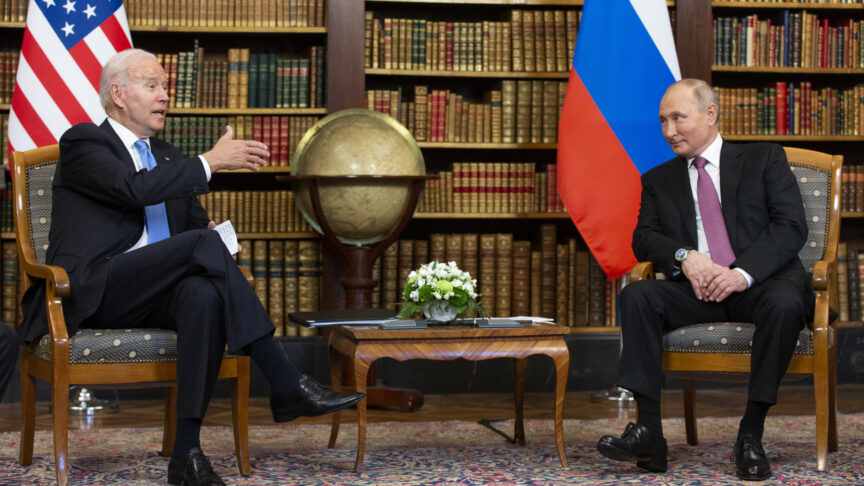
The Geneva summit recalled the power of old-fashioned diplomacy and working patiently away at difficult problems
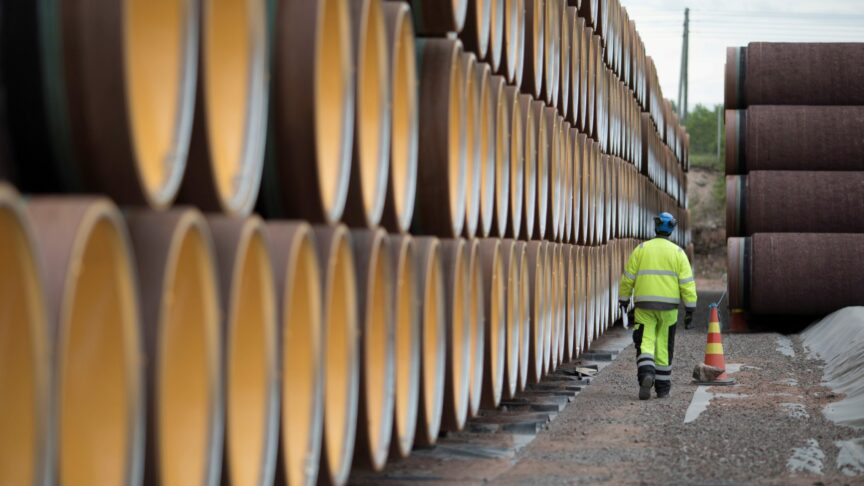
Nord Stream 2 has become a suitcase without a handle: hard to abandon; hard to take along
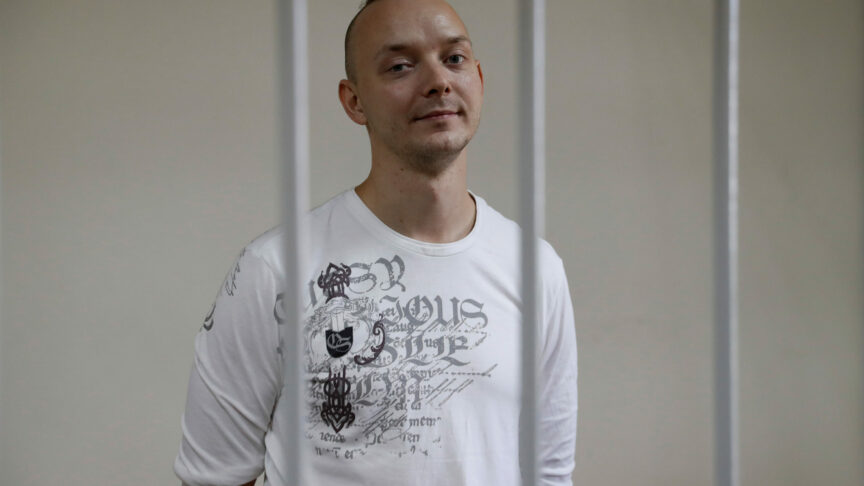
There are homegrown democrats in Russia who do not automatically sympathise with the West. They could lead the country to change from the top.
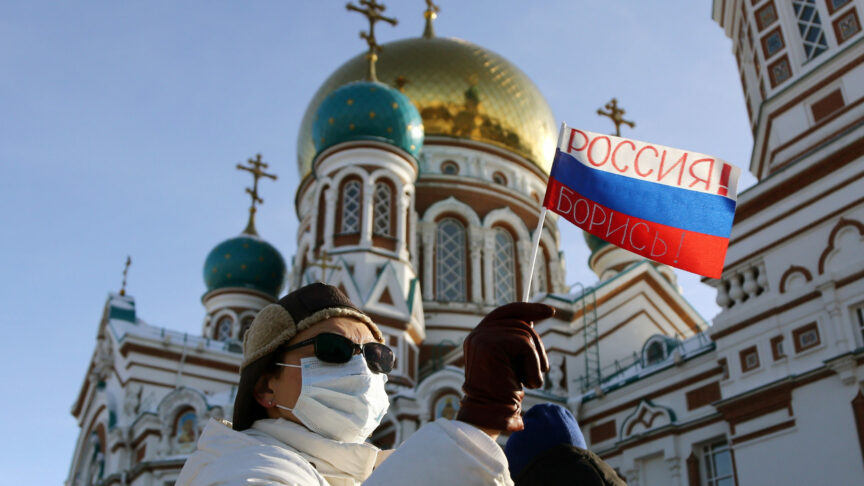
The events Navalny set in motion both indicate the urgent need for change and make such change less likely to happen
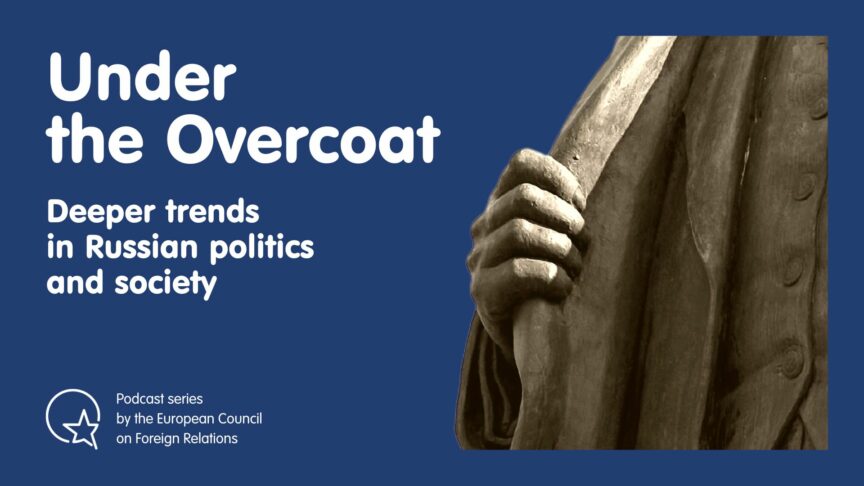
This podcast explores deeper trends beneath the surface of Russia’s daily politics. In this episode, we examine public opinion in Russia

This podcast explores deeper trends beneath the surface of Russia’s daily politics. In this episode, we dive deeper into Russia’s economy during the war on Ukraine.

This podcast explores deeper trends beneath the surface of Russia’s daily politics. In this episode, we analyse who is really in charge of the Russian military and its nuclear weapons.

How do Russian officials “coexist” with the war nearly two years after the invasion? How has the bureaucratic system adapted to the requirements of the war?…

The Russian Orthodox Church is supporting Russia’s war on Ukraine in its sermons, sending priests to the front, and collecting humanitarian aid for soldiers and…

On 1 September, Russian high schools transitioned to new “patriotic” history textbooks authored by one of Russia’s staunchest conservatives, former culture minister Vladimir Medinsky. How…
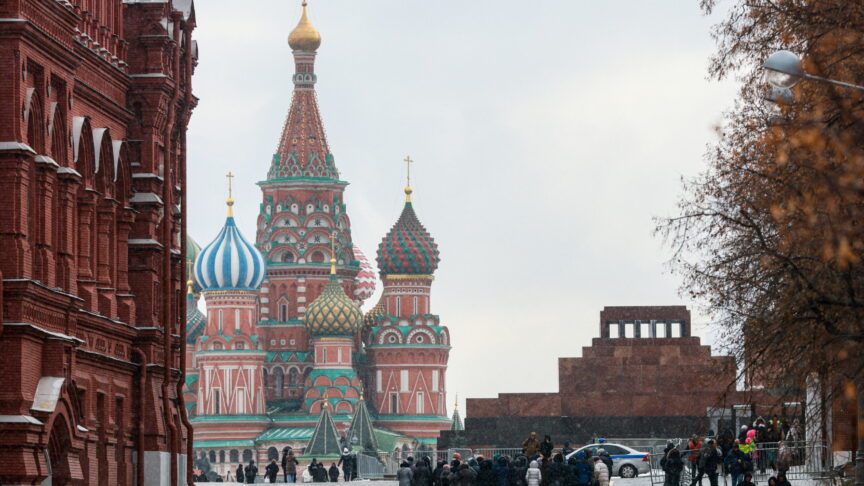
Jeremy Shapiro welcomes Kadri Liik and Valerie Hopkins to discuss what Russian society really thinks about war in Ukraine
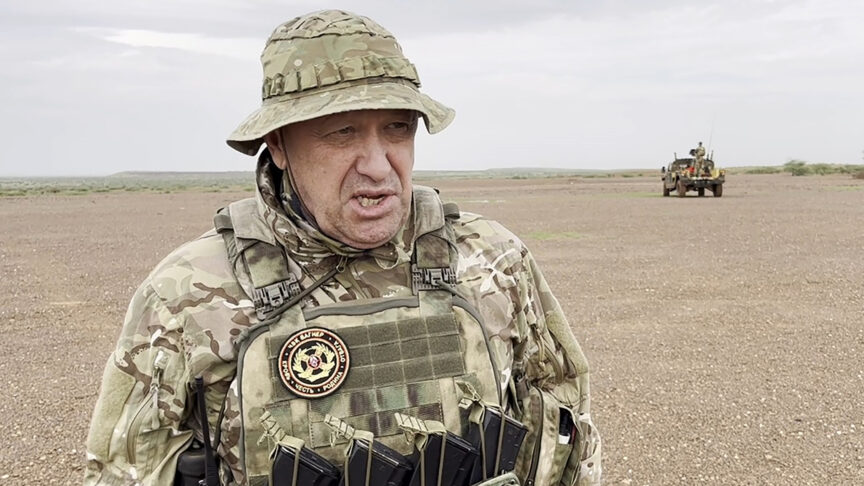
Mark Leonard welcomes Theo Murphy, Pavel Slunkin, Kadri Liik, and Kirill Shamiev to shed light on the possible consequences of Yevgeny Prigozhin’s death
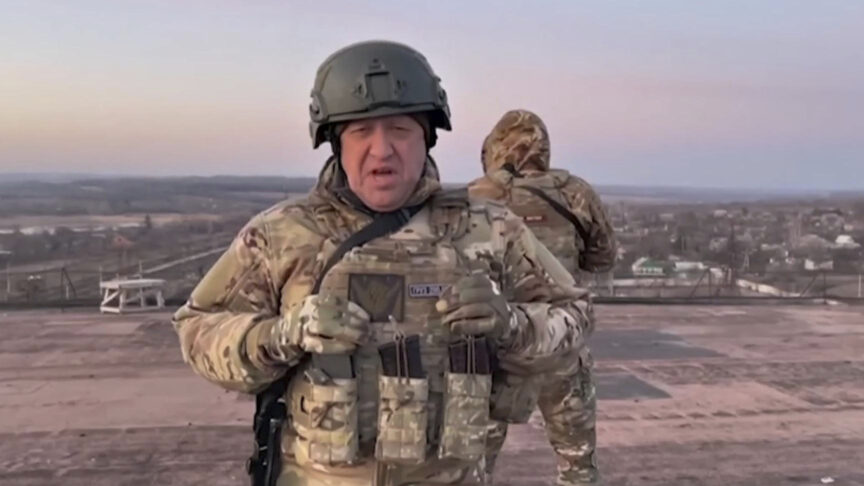
Mark Leonard welcomes Marie Dumoulin, Kadri Liik, Pavel Slunkin and Kiril Shamiev to shed light on the weekend’s events and discuss the new reality that has opened up in Russia
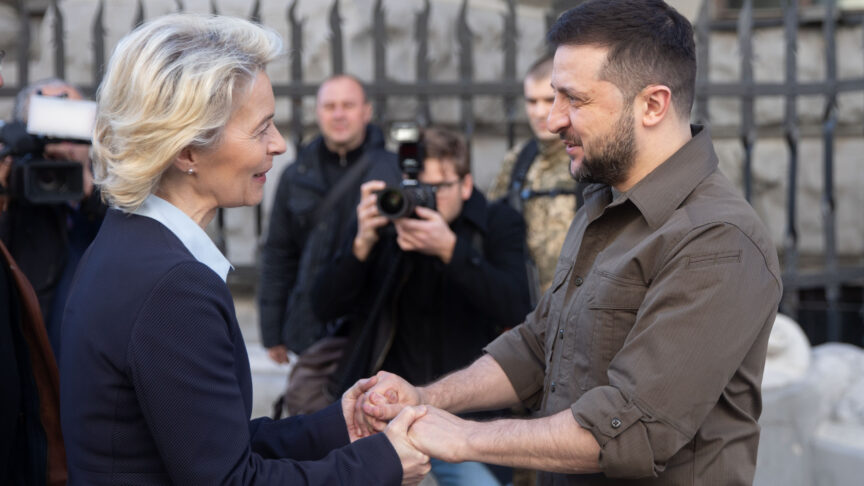
Mark Leonard is joined by ECFR’s Piotr Buras, Gustav Gressel, Kadri Liik, and Jeremy Shapiro to describe and debate the potential military, security, and economic aspects of the long-war plan
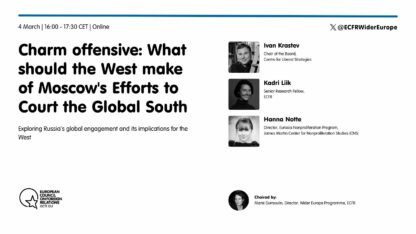
Exploring Russia’s global engagement and its implications for the West
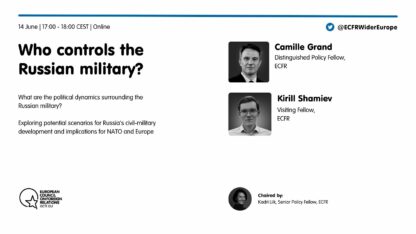
What are the political dynamics surrounding the Russian military? Exploring potential scenarios for Russia’s civil-military development and implications for NATO and Europe
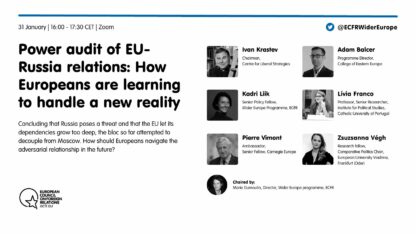
Concluding that Russia poses a threat and that the EU let its dependencies grow too deep, the bloc so far attempted to decouple from Moscow. How should Europeans navigate the adversarial relationship in the future?
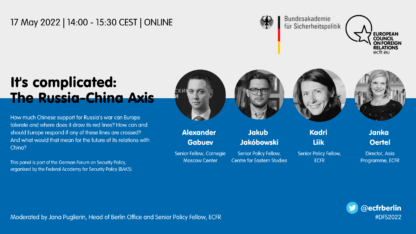
This event is part of the German Forum on Security Policy, organised by the Federal Academy for Security Policy (BAKS).
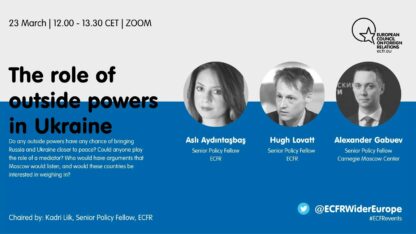
Do any outside powers have any chance of bringing Russia and Ukraine closer to peace?
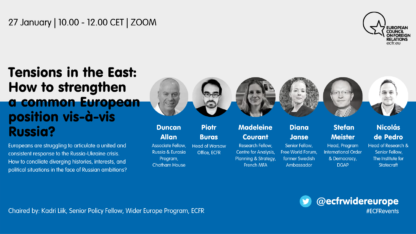
This webinar will bring together a collection of EU and British views to see where everyone stands on the Russia-Ukraine crisis
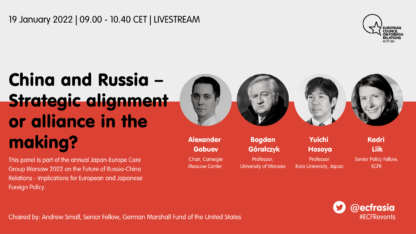
This panel is part of the annual Japan-Europe Core Group Warsaw 2022 on “The Future of Russia-China Relations – Implications for European and Japanese Foreign Policy
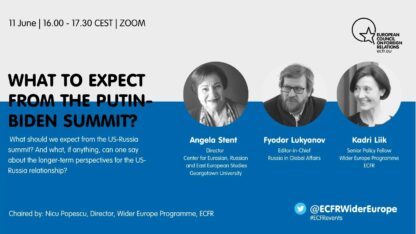
What, if anything, can one say about the longer-term perspectives for the US-Russia relationship?
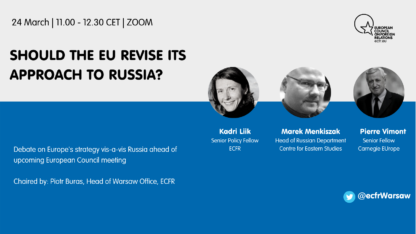
In February High Representative Josep Borrell visited Moscow to discuss key issues of concern and test the waters for building a more „constructive dialogue” between…